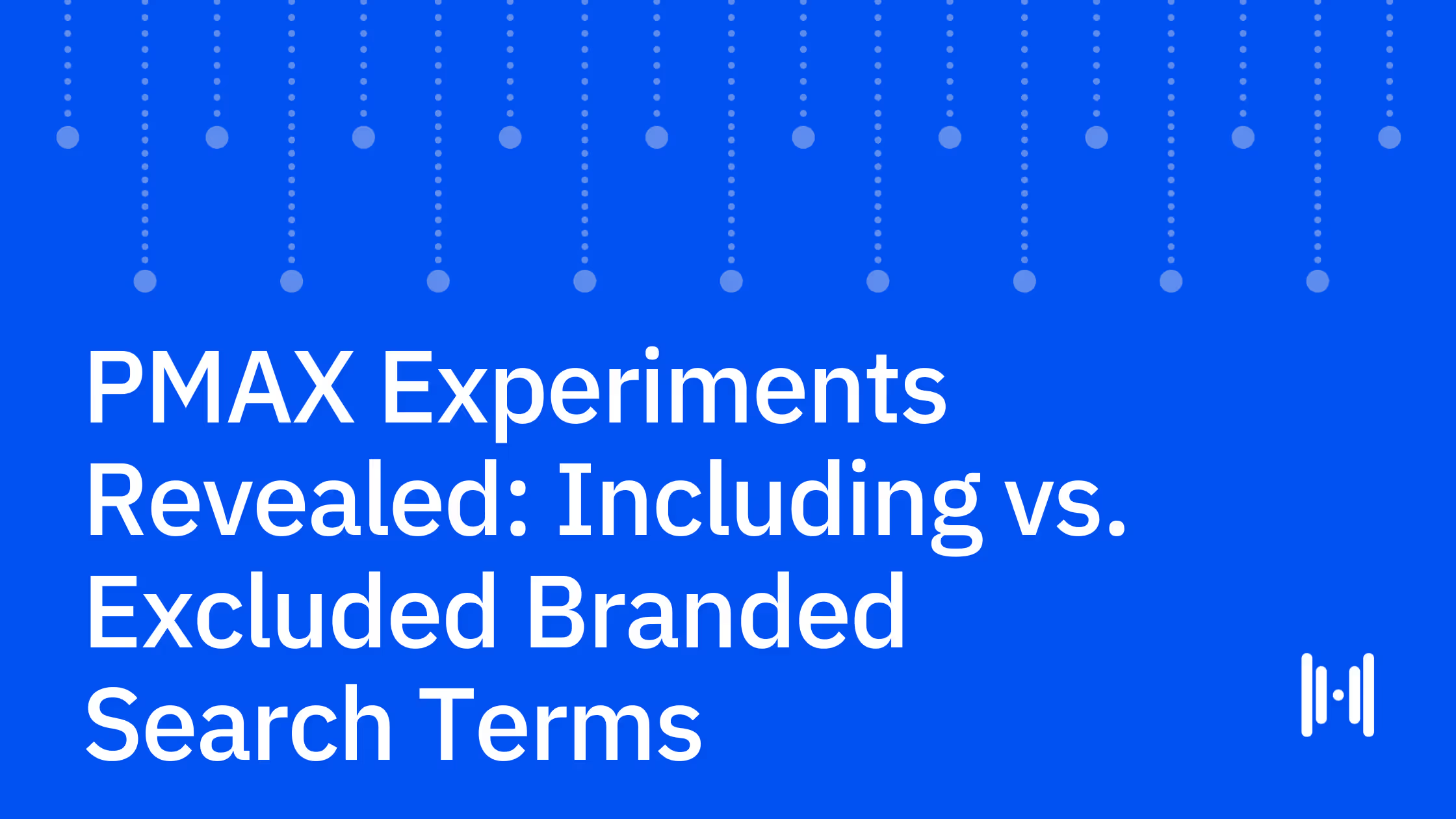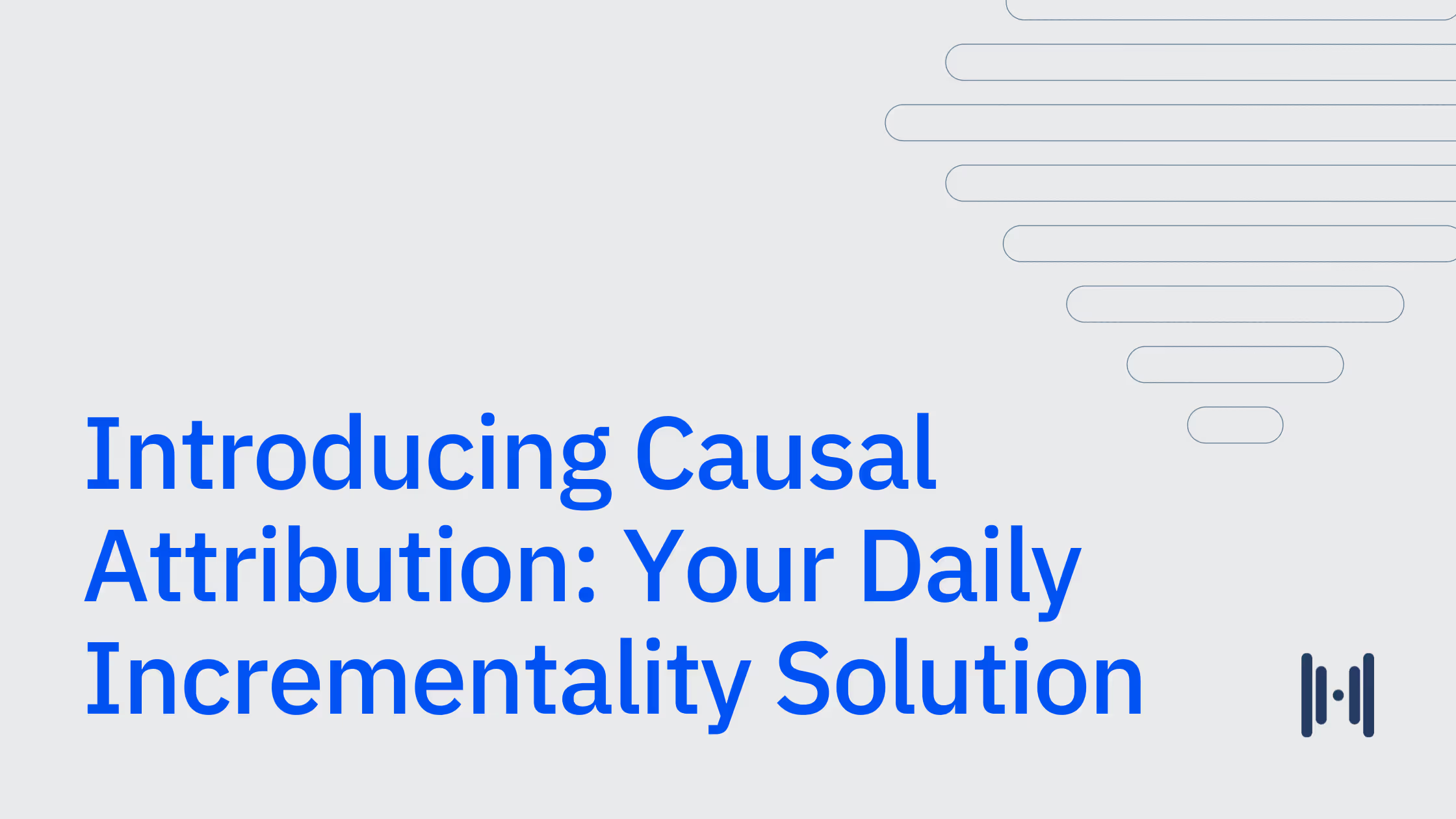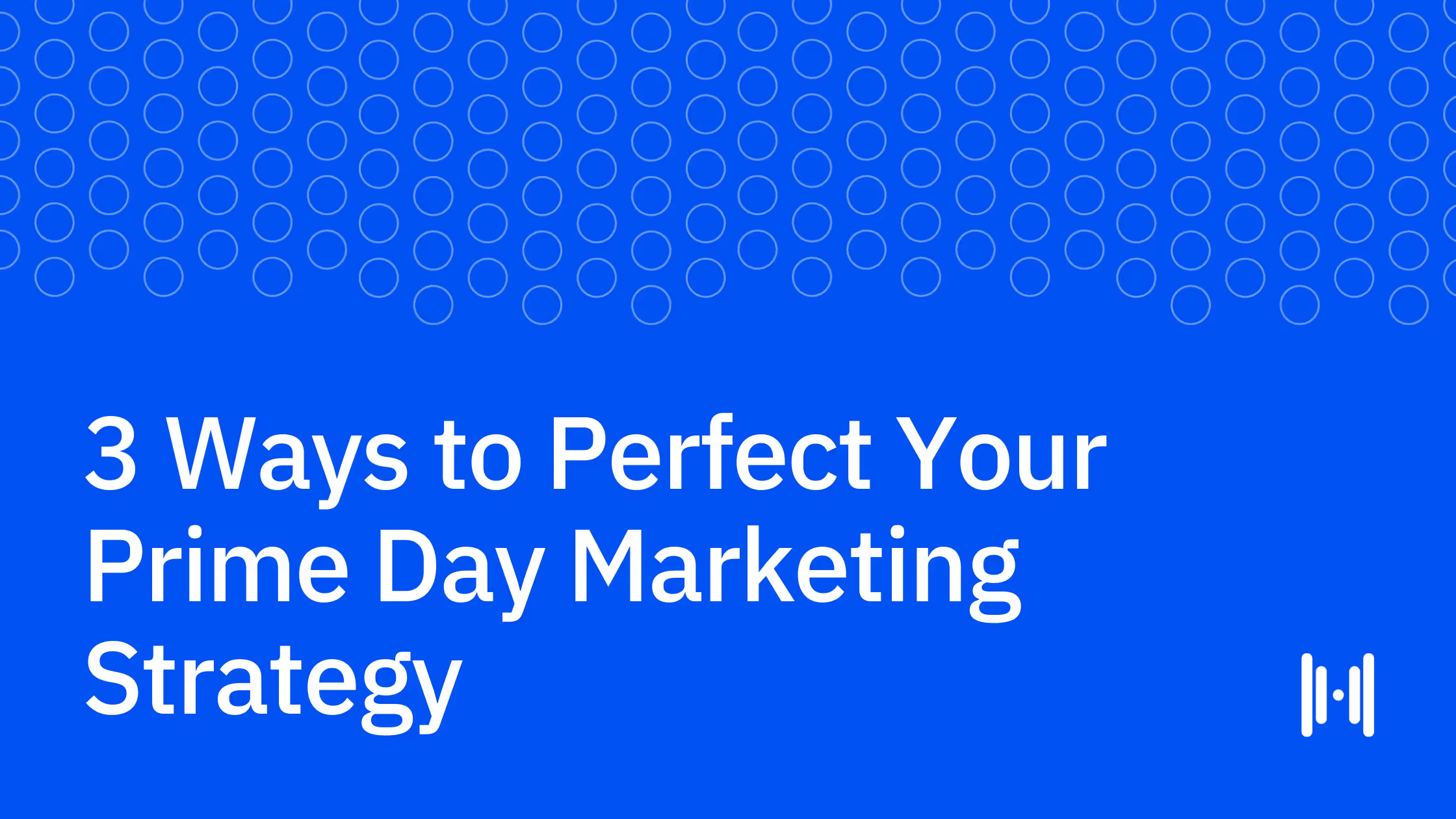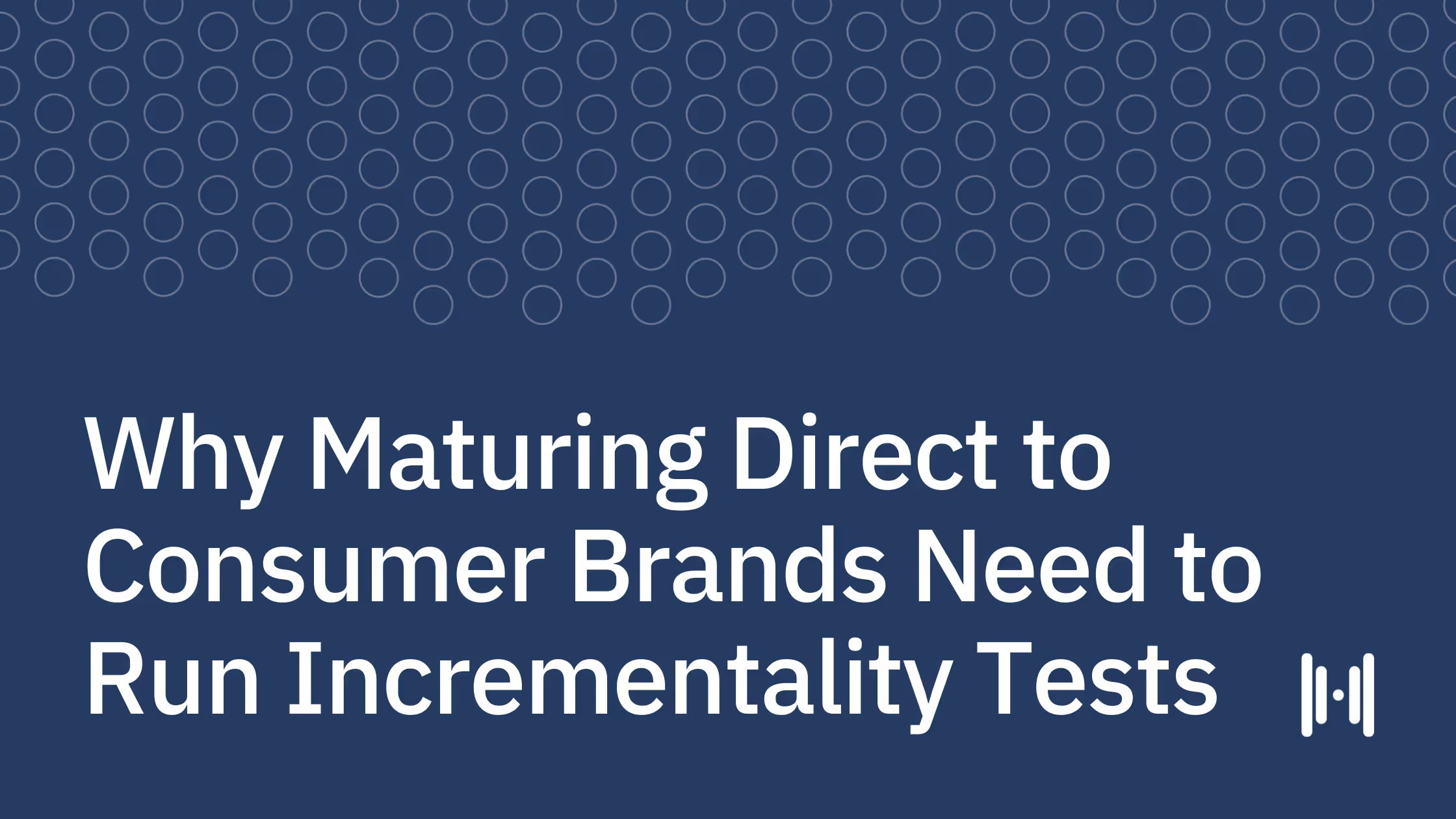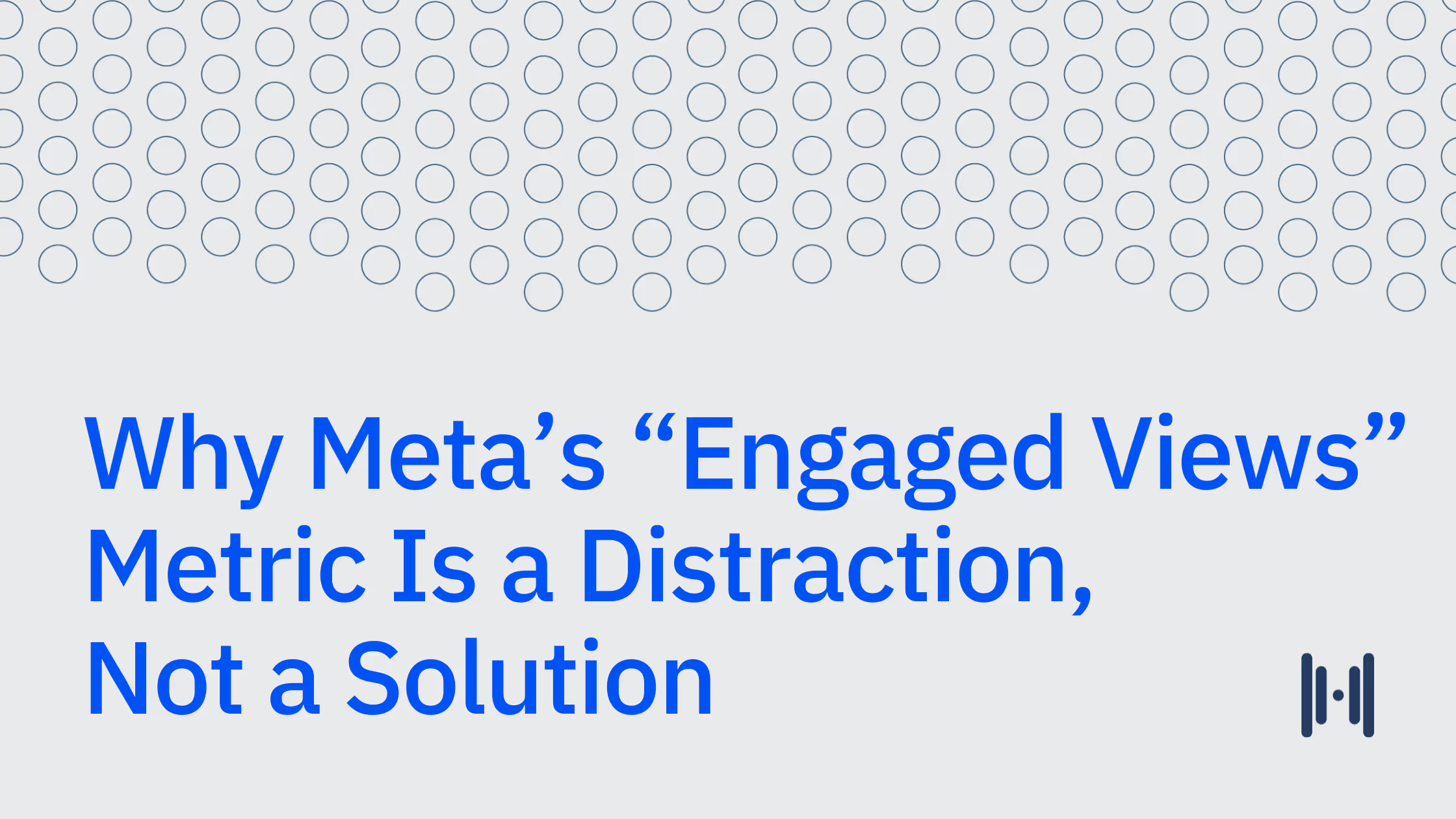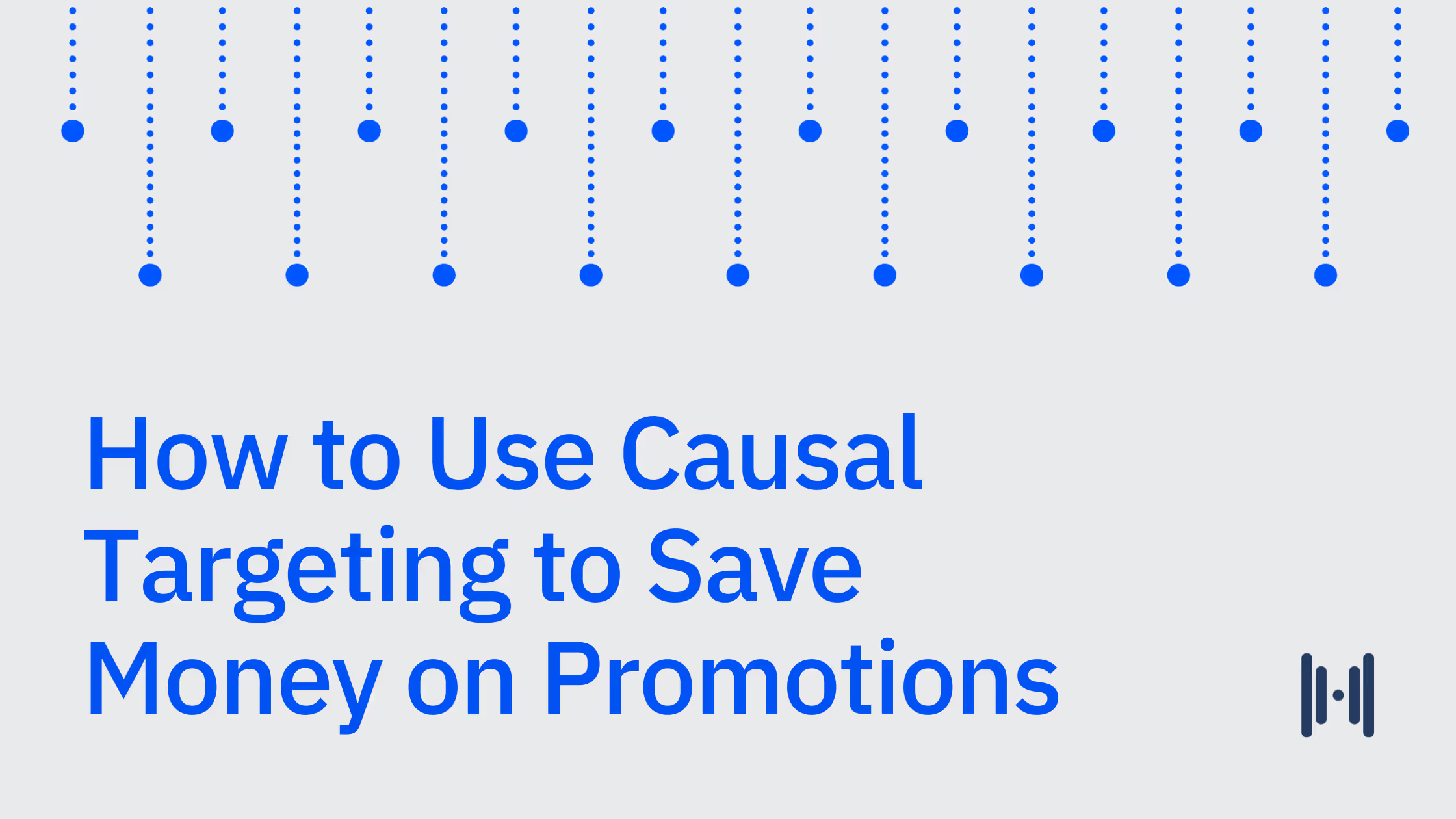
You run a campaign. Wait a few weeks. Then, at your quarterly meeting with your boss, you wait for the three words that make every marketer’s blood pressure jump.
Did it work?
It’s because of these three words that the entire field of marketing measurement exists. After all, you can’t improve what you can’t measure. That’s why all marketing teams invest in measurement solutions, but which ones? Which metrics should you track, using which methodologies?
When it comes to marketing measurement, there is no shortage of options. We put together this guide to help you sort through the many metrics you can measure and the many ways to do so. While marketing measurement is a broad field that maybe can’t be summed up in one (admittedly…long) guide, we hope this gets you on the right track. Soon enough, you’ll be able to confidently unpack the effectiveness of your marketing.
What is marketing measurement?
Marketing measurement involves two key phases: 1) Collecting data, then 2) analyzing that data. Together, these phases help you understand how well your marketing efforts are performing. A simple example would be tracking your primary KPI (e.g. sales) since the start of your latest marketing campaign.
Once you understand the effectiveness of different marketing tactics, you can begin to more confidently manage your marketing budget. For instance, maybe you’re able to attribute 115 sales to your recent Meta campaign, but you’re only able to attribute 60 sales to your recent YouTube campaign. Naturally, you may want to put more budget toward the Meta campaign.
Of course, this is an overly simplified example. After all, how much did the Meta campaign cost compared to your YouTube campaign? Performance must be understood in the context of spend, which brings us to important marketing metrics like return on ad spend (ROAS) and cost per mille (CPM).
You’re probably wondering how you keep track of all this. Because what if you’re running several campaigns, all at different spend levels, while tracking multiple KPIs? Attributional complexity is a major challenge that comes with measuring the effectiveness of your marketing. You could end up attributing a conversion to a certain campaign…but that conversion might have happened anyway, with or without that campaign.
That’s why modern marketing measurement approaches like incrementality have gained steam in recent years. Incrementality testing uses control groups to understand a key counterfactual: What would have happened if you hadn’t run a given campaign? Answering this question can help you understand the true causal impact of your marketing.
But (much) more on that later on. For now, let’s outline some other types of marketing measurement.
What are the different types of marketing measurement?
You can measure the effectiveness of your marketing in a variety of ways. Experienced marketers are probably familiar with these four types of marketing measurement:
- Performance measurement: This tracks the effectiveness of your marketing at the campaign or channel level. For instance, you might measure the CPA of your paid search campaign, then use these learnings to optimize your campaign. Maybe your social media campaigns have a lower CPA and deserve more of your ad budget.
- Attribution: Models that attribute marketing activities to outcomes seek to understand which touchpoints led to a conversion. For example, multi-touch attribution (MTA) splits credit across several touchpoints. If a customer sees a Meta ad, a paid search ad, and an email ad (in that order), each gets ⅓ credit for the conversion. But a first-touch attribution model would only give credit to the Meta ad.
- Marketing mix modeling (MMM): If you’re marketing across multiple channels, an MMM helps you unpack how various marketing tactics contribute to conversions. An MMM gives you a sense of long-term cross-channel effectiveness. You could use an MMM to determine how a 10% increase in media spend drives conversions.
- Brand measurement: Long-term metrics like brand awareness and overall brand health are important stats, though they’re harder to measure. Surveys, NPS, and brand lift studies are just a few ways marketers measure where their brand stands.
As you can see, marketers have plenty of options. These different types of marketing measurement get at the short- and long-term effectiveness of your marketing. Most modern marketing teams have a unified measurement stack that incorporates several different flavors of measurement. Let’s dive into an example.
Example: An outdoor gear brand’s modern measurement stack
You’re named VP of Marketing for an outdoor gear brand and tasked with overhauling the marketing team’s measurement strategy. You decide you want a mix of daily, tactical insights as well as longer-term brand metrics.
You start by using platform-reported metrics from the key ad platforms you use, like Meta Ads, Google Ads, and so on. But because you’re marketing across several channels at a seven-figure budget, you realize you also need incrementality testing to validate these metrics. After all, platforms are grading their own homework and often inflate the volume of conversions they drive.
You also decide you want a marketing mix model to offer a longer-term sense of media mix performance. This will help you determine how your different marketing channels are contributing to business outcomes at a macro level. You decide you want an MMM that incorporates your incrementality experiments as ground truth, so you choose a Causal MMM.
Your CFO inevitably asks why you haven’t invested in a multi-touch attribution (MTA) model. Given that recent privacy regulations have made it harder to conduct user-level tracking, you decide against an MTA, at least for now. You’re confident that your mix of platform metrics, incrementality testing, and a causality-based MMM is enough to measure your marketing.
When should you invest in marketing measurement?
If you have a marketing strategy, you’re ready to invest in marketing measurement. After all, how else will you know if your strategy is working?
If you’re just marketing on a channel or two, and your budget is modest, you can probably get by using some mix of platform-reported metrics and open-source incrementality testing. But if you’re marketing across multiple channels and your budget is creeping up, you may find it worthwhile to invest in a more sophisticated measurement stack.
In general, we advise people to invest in an incrementality testing partner if any of the following apply to your business:
- It’s getting harder and harder to unpack channel impact
- You’re spending more than $1M/month on marketing tactics
- You’re advertising in multiple places, and customers are buying in multiple places (e.g. retail, Amazon, etc.)
- Growth is plateauing
- Traditional measurement tactics are showing diminishing returns
For instance, maybe you’ve been using a traditional MMM for years and you’re starting to run into the typical MMM headaches: Multicollinearity, overcomplication, opacity, etc. At that point, it might be time to turn to incrementality testing — or better yet, an MMM that treats incrementality test results as ground truth for its recommendations.
What is the best way to measure marketing effectiveness?
The “best” way to measure marketing effectiveness is, of course, relatively subjective. What works for one brand might not work for another. Overall, a brand must weigh which method offers the most accurate view into marketing effectiveness.
The goal is to tie tactics to outcomes. Furthermore, you want to understand these outcomes in the context of spend. If your most “effective” marketing tactic (e.g. the one that drives the most conversions) is also the most expensive, you might have to reevaluate and look for ways to put spend toward more efficient (read: less pricey) tactics.
As a platform that cut its teeth in incrementality testing, we won’t beat around the bush: We think holdout tests offer the most precise measure of marketing ROI. Choosing an incrementality testing partner that invests in the science and in “getting it right” is doubly important.
We don’t think you should just stop at some mix of platform metrics and incrementality testing, though. MMMs offer a powerful way to understand the overall effectiveness of your marketing mix. These cross-channel insights are vital at a time when customers might encounter multiple touchpoints on their path to purchase.
What are the common challenges of marketing measurement?
Marketing measurement isn’t without its challenges. Just spend a day trying to find the perfect jacket for fall, and you’ll see that the customer journey is often a long and winding road — and tracking that journey during our privacy-conscious era isn’t always simple. Marketers should be aware of the following as they build out their measurement stack:
- Attribution complexity: You start your wild jacket chase with a particularly scroll-stopping Instagram ad. Then you research more on Google. Heck, you even go to ChatGPT to narrow down your options to the best gray fall jacket. You might wait a week, then research some more, then decide you like the jacket you saw on a digital billboard during your morning commute. As you can imagine, assigning credit to these different touchpoints is highly complex.
- Privacy changes: Landmark regulations like GDPR, CCPA, and cookie deprecation have only made it more complex. With reduced tracking, it’s much harder to tell which touchpoint led to which conversion. This is why many marketing teams are opting for privacy-durable solutions like incrementality testing.
- Data silos: Oftentimes, marketing teams are dealing with performance data that is spread across ad networks, CRM systems, and analytics tools. This, again, makes it much harder to tie spend to outcomes. You also might end up with missing data or duplicate data that makes it all the harder to crack marketing ROI.
For these reasons, many marketing teams look for an integrated measurement stack that reduces fragmentation and makes it easier to actually measure outcomes.
What is Haus’ viewpoint on marketing measurement?
Most marketing measurement today relies on correlation (e.g., platform attribution, traditional MMM) rather than causation, leaving brands unable to reliably understand what really drives incremental business outcomes. Plus, privacy regulations and the decline of identifiers render many existing tools ineffective.
Our view is that brands must shift toward decision-science tools built around experiments and causal inference (e.g. incrementality testing, geo-holds, “Causal MMM”) so that all brands — and not just tech giants — can access rigorous measurement of true lift, not just vanity metrics.
Measure your marketing with Haus
As marketing channels multiply and privacy limits deepen, incrementality testing has become the cornerstone of reliable measurement. It isolates the true impact of your campaigns — revealing what would have happened without them — so you can separate correlation from causation.
By grounding your marketing measurement in Haus’ robust experimentation platform, you gain a clearer view of where each dollar truly drives value. In an era of opaque algorithms and disappearing identifiers, it’s the most dependable way to measure — and improve — marketing performance.
.png)
.png)
.png)
.png)
.avif)
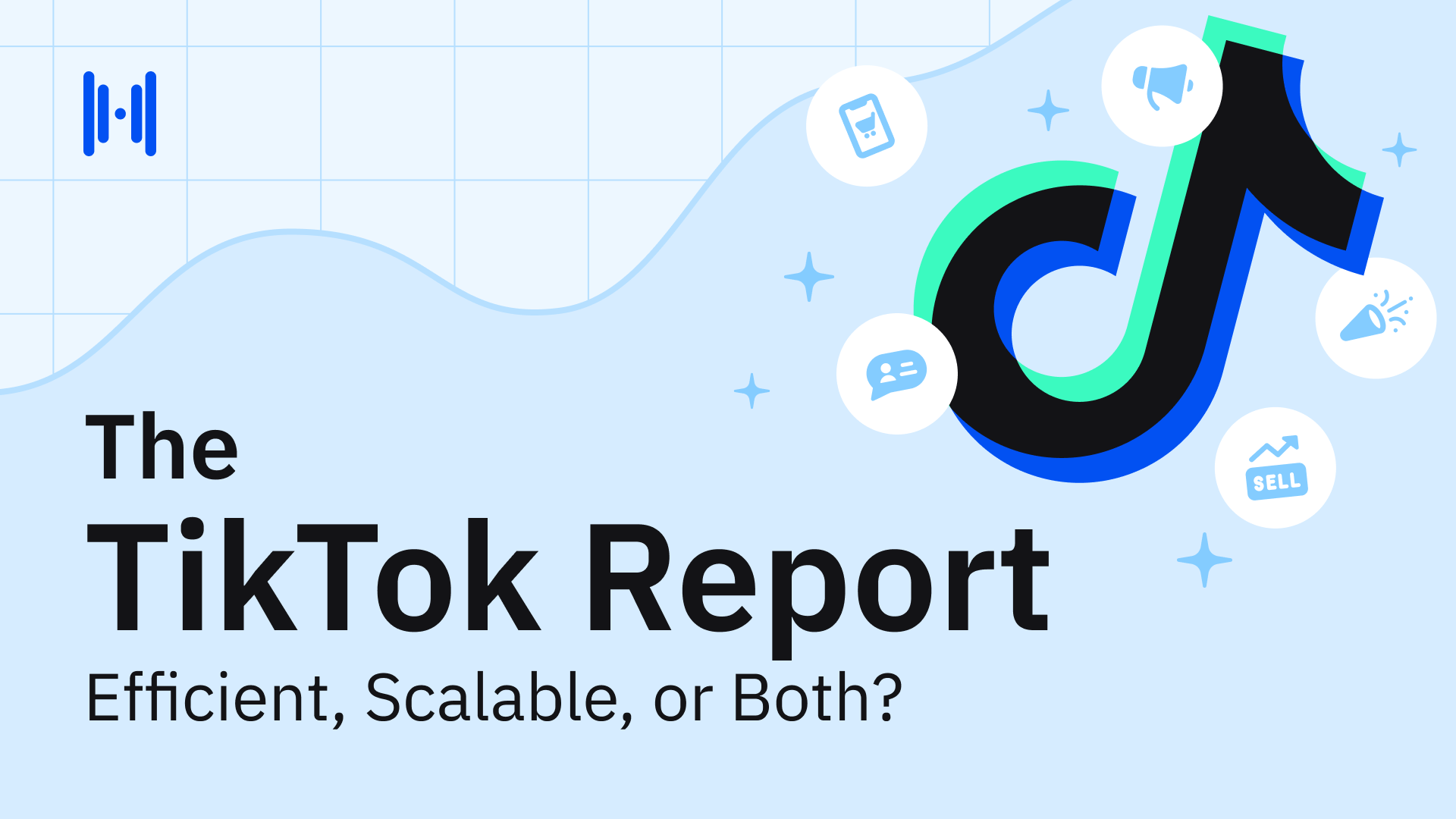

.png)
.png)
.png)
.png)
.png)
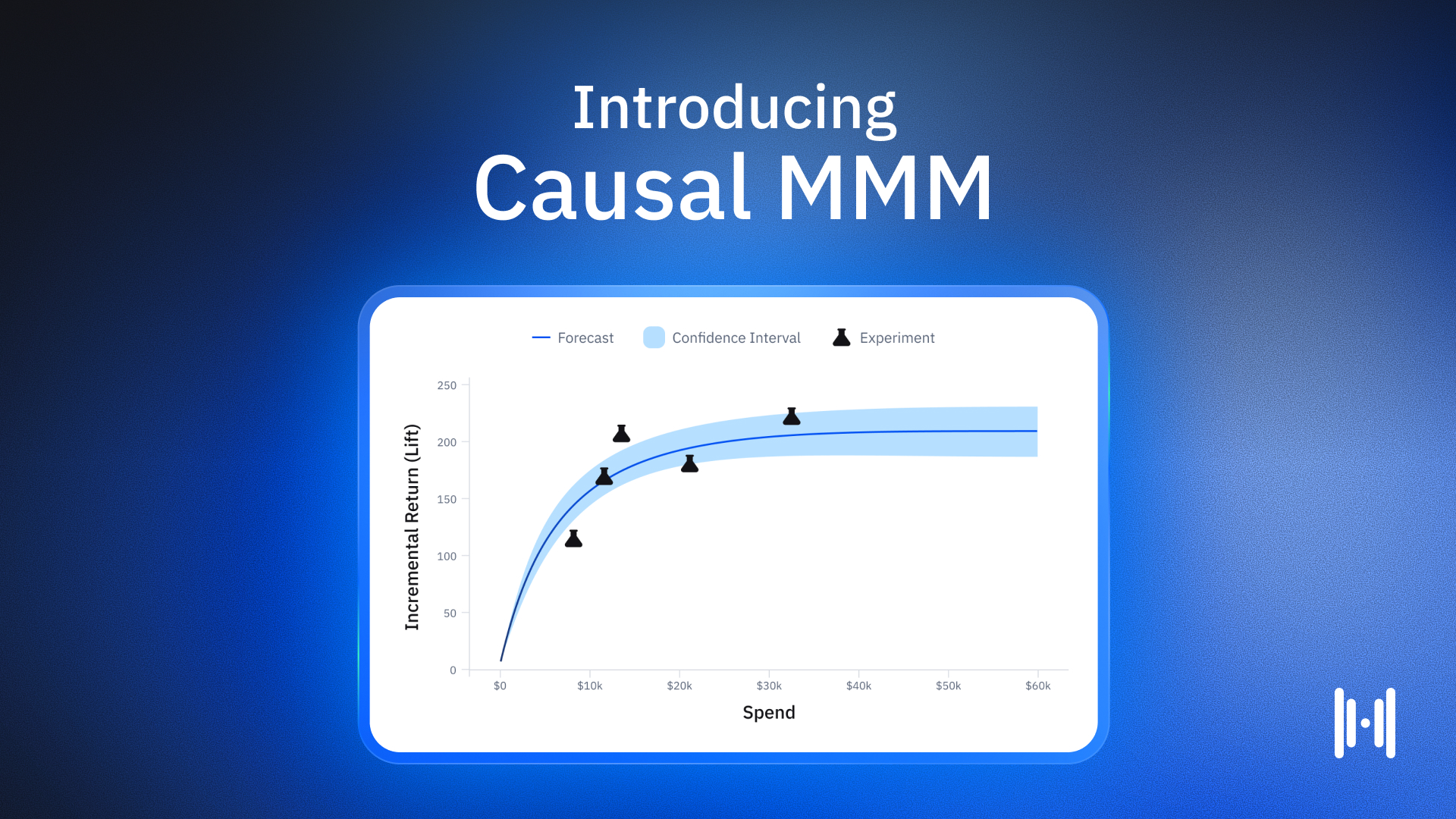
.avif)
.png)
.png)
.png)
.png)
.png)
.png)
.png)
.png)
.png)
.webp)
.webp)
.webp)
.webp)
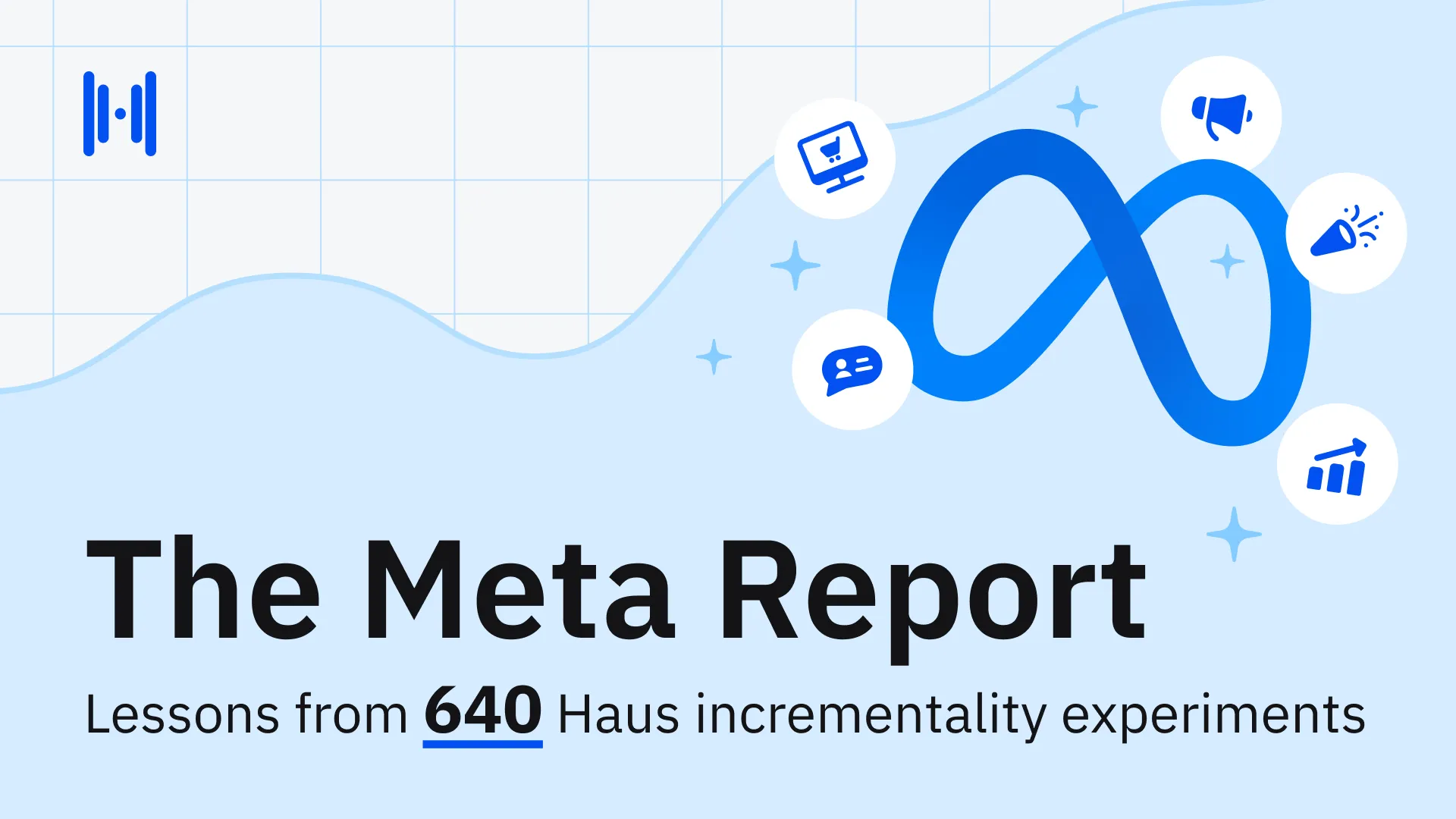
.webp)
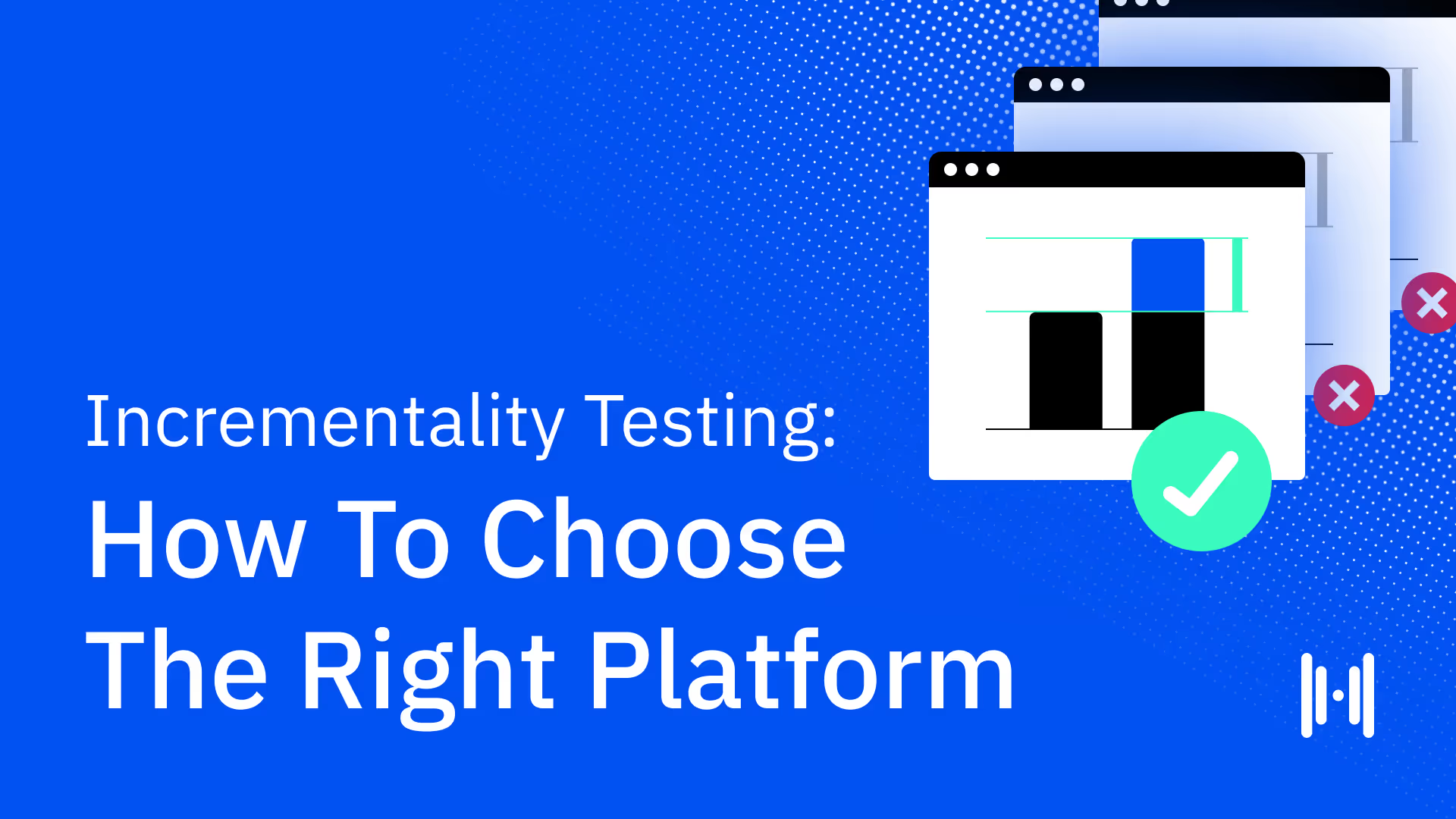
.webp)
.webp)
.webp)
.webp)
.webp)
.webp)
.webp)
.webp)
.webp)
.webp)
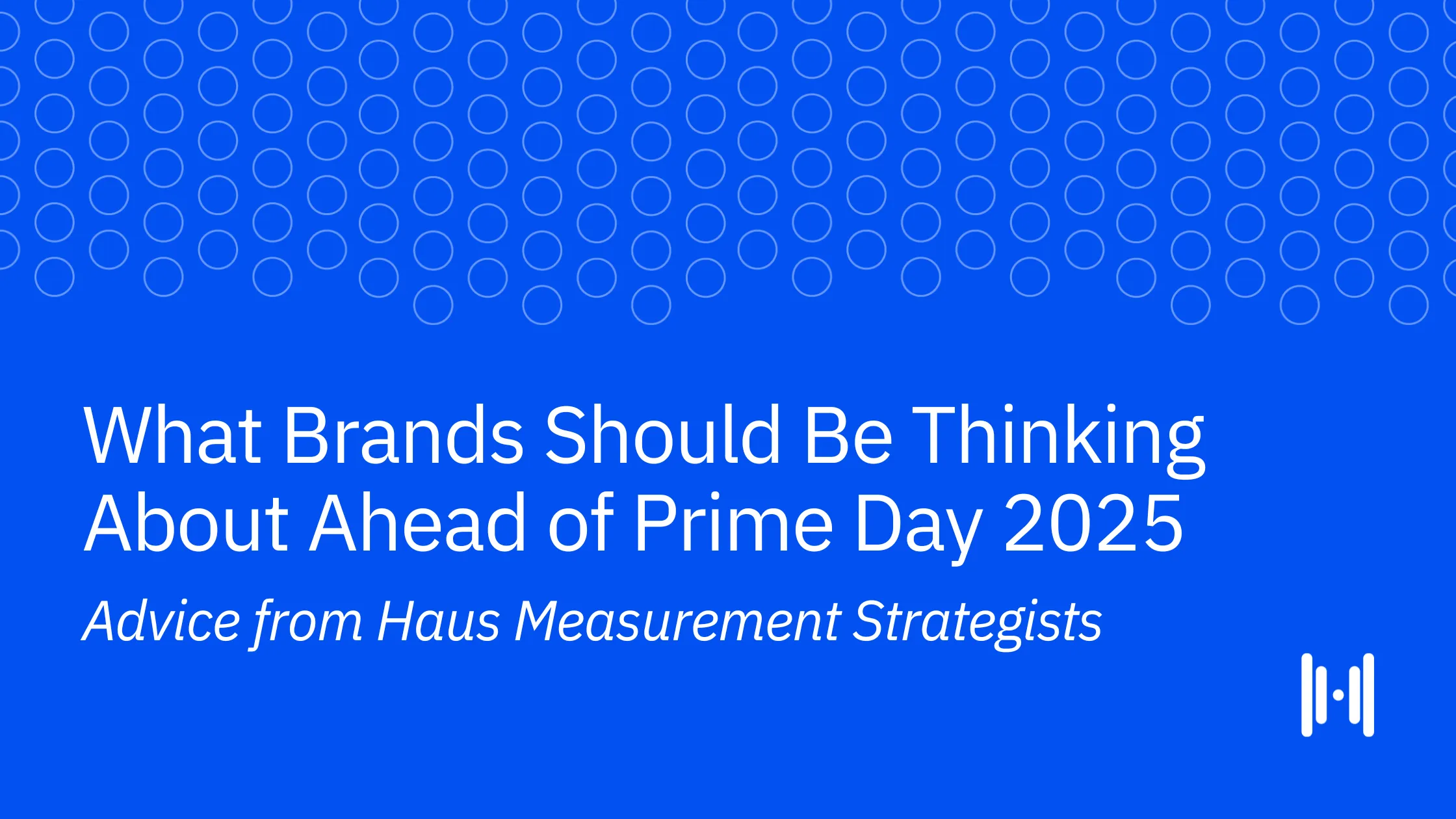
.webp)
.webp)
.webp)
.webp)
.webp)
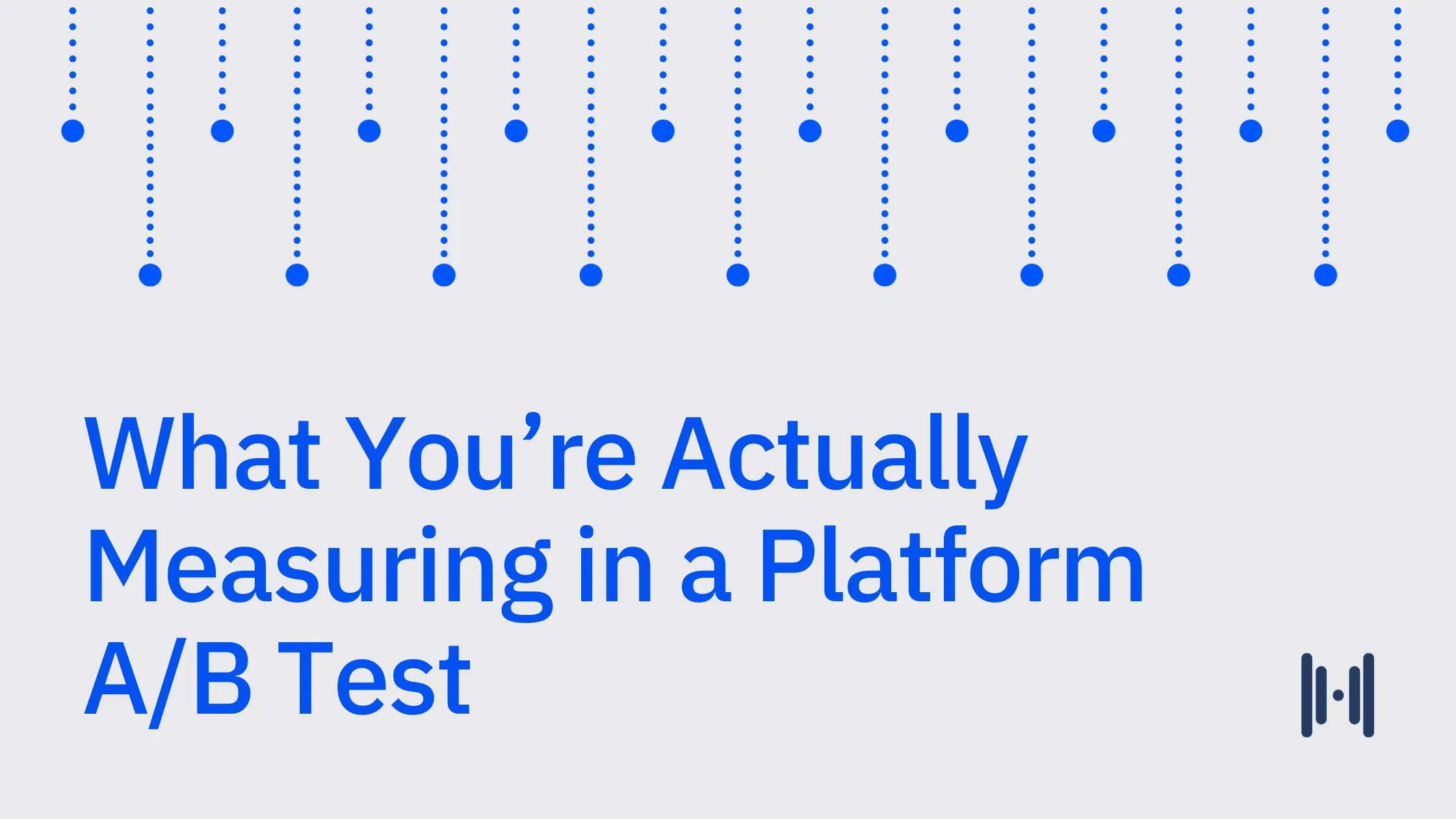
.webp)


.avif)
.avif)



.avif)
.avif)
.avif)

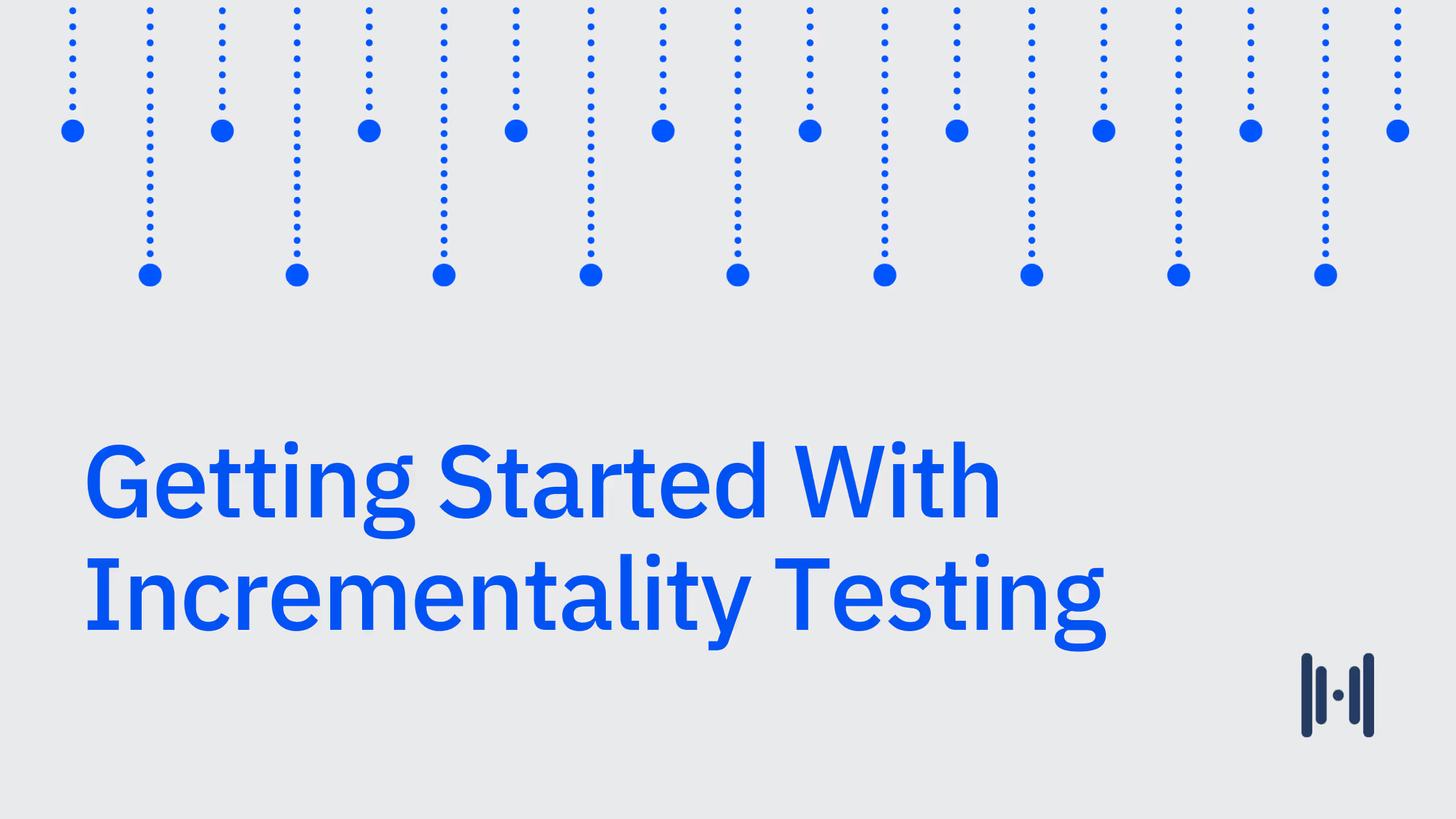
.avif)
.avif)
.avif)
.avif)
.avif)
.avif)




.png)
.avif)
.png)
.avif)
